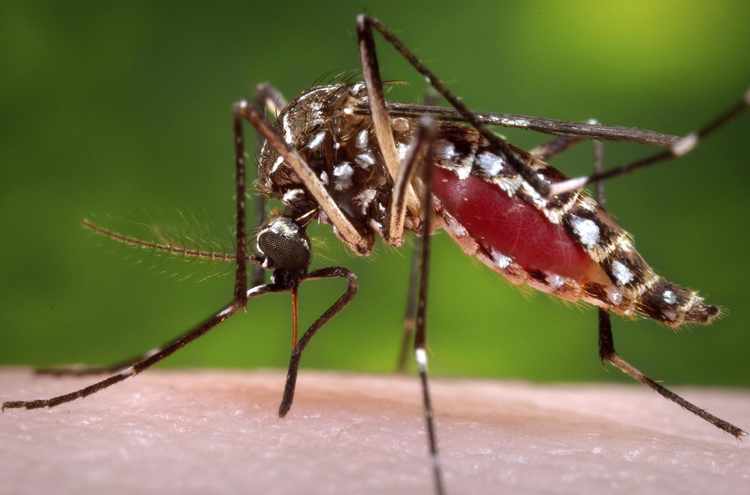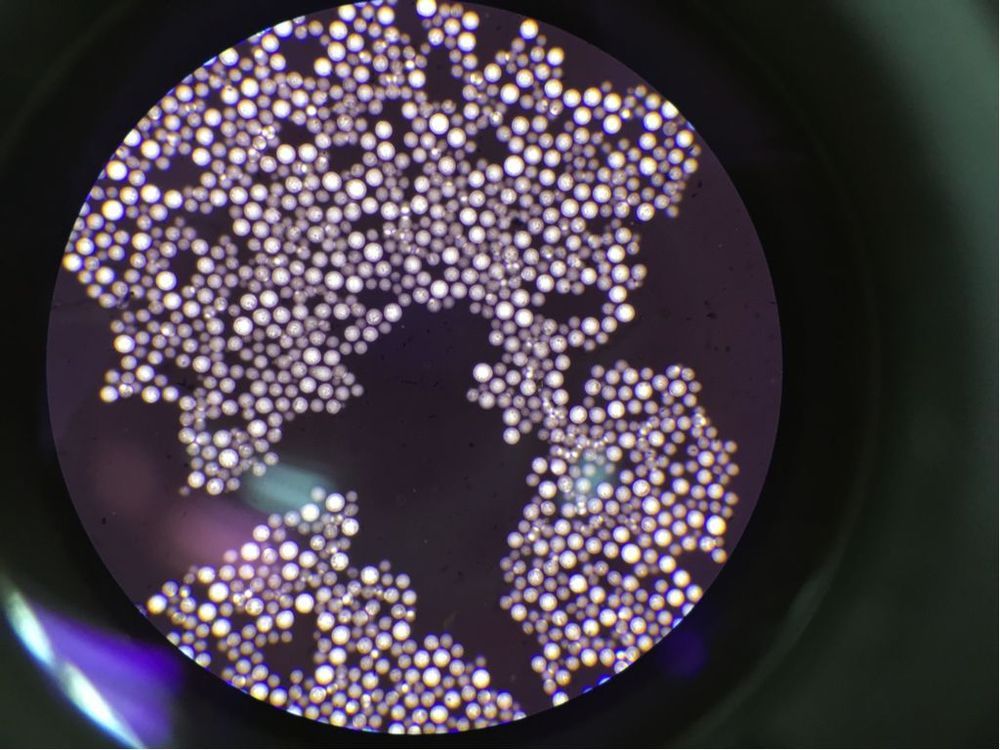In mouse studies, a “methylation clock” on the ELOVL2 gene ticks toward impaired vision, but when gene expression was boosted, age-related visual function improved.
A lengthy-named gene called Elongation of Very Long Chain Fatty Acids Protein 2 or ELOVL2 is an established biomarker of age. In a new paper, published online January 14, 2020 in the journal Aging Cell, researchers at University of California San Diego School of Medicine say the gene appears to play a key role in age-associated functional and anatomical aging in vivo in mouse retinas, a finding that has direct relevance to age-related eye diseases.
Specifically, the research team, led by senior author Dorota Skowronska-Krawczyk, PhD, assistant professor in the Viterbi Family Department of Ophthalmology at UC San Diego Shiley Eye Institute, found that an age-related decrease in ELOVL2 gene expression was associated with increased DNA methylation of its promoter. Methylation is a simple biochemical process in which groups of carbon and hydrogen atoms are transferred from one substance to another. In the case of DNA, methylation of regulatory regions negatively impacts expression of the gene.
When researchers reversed hypermethylation in vivo, they boosted ELOVL2 expression and rescued age-related decline in visual function in mice. “These findings indicate that ELOVL2 actively regulates aging in mouse retina, provides a molecular link between polyunsaturated fatty acids elongation and visual functions, and suggests novel therapeutic strategies for treatment of age-related eye diseases,” wrote the authors.






